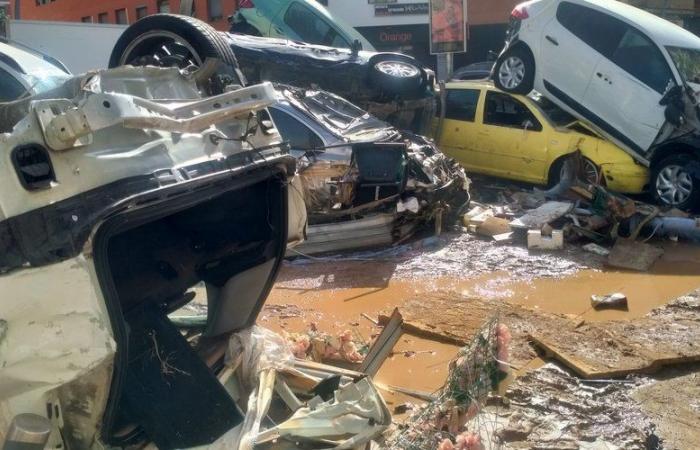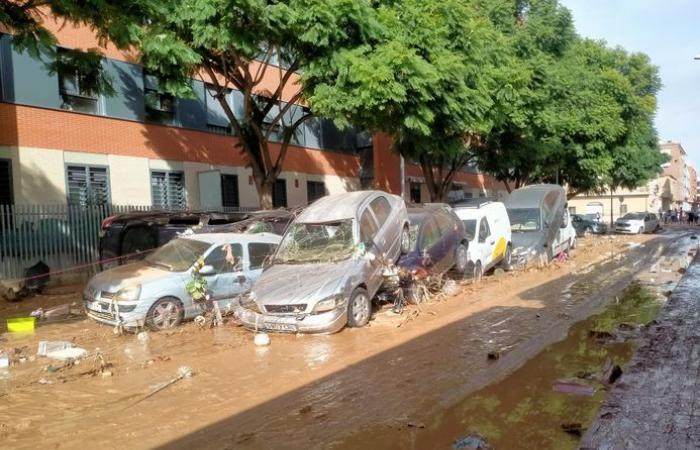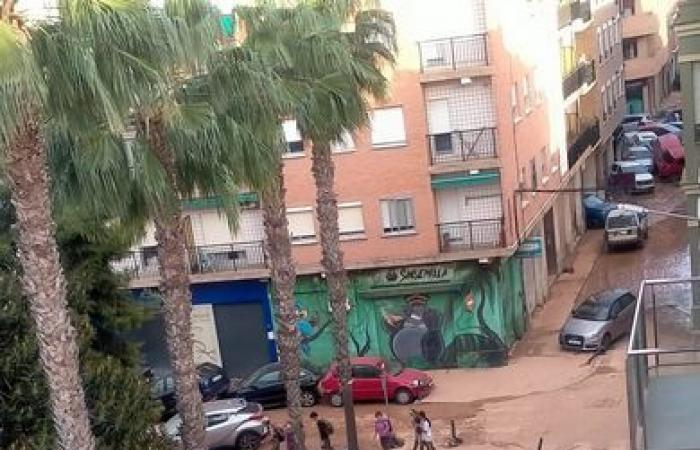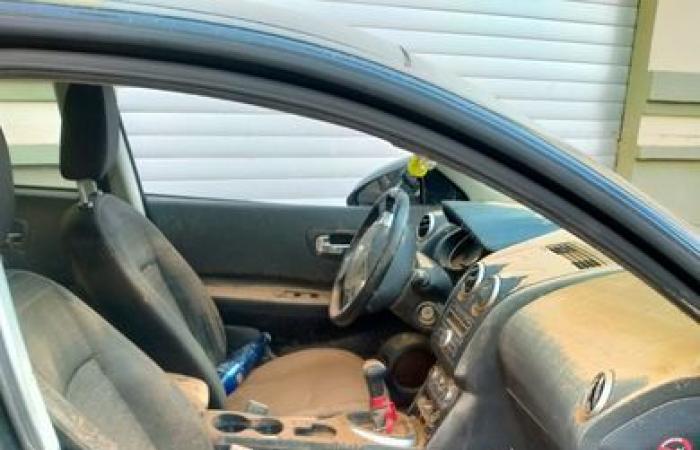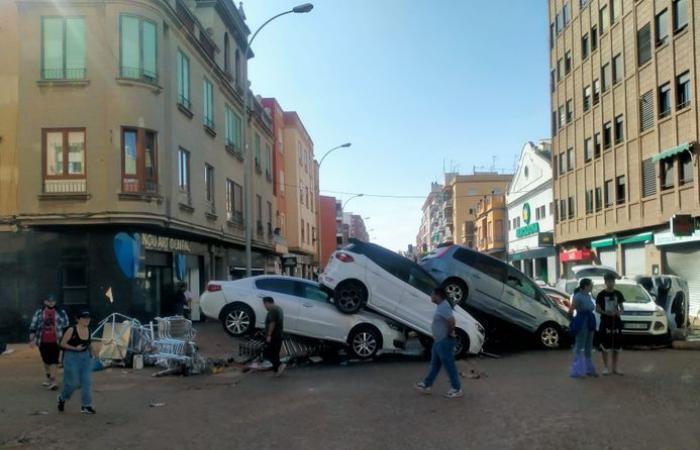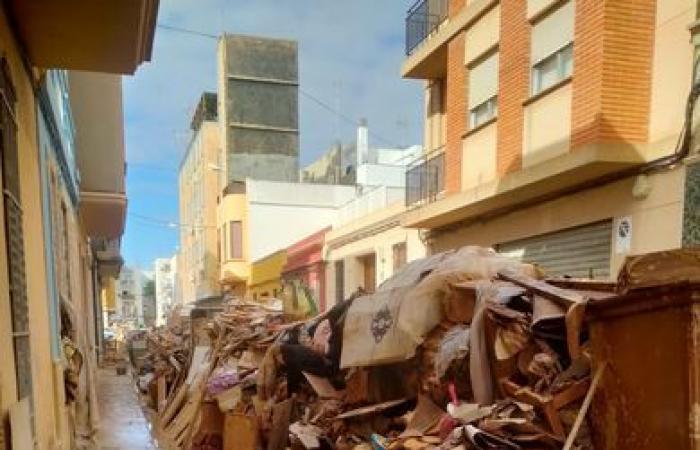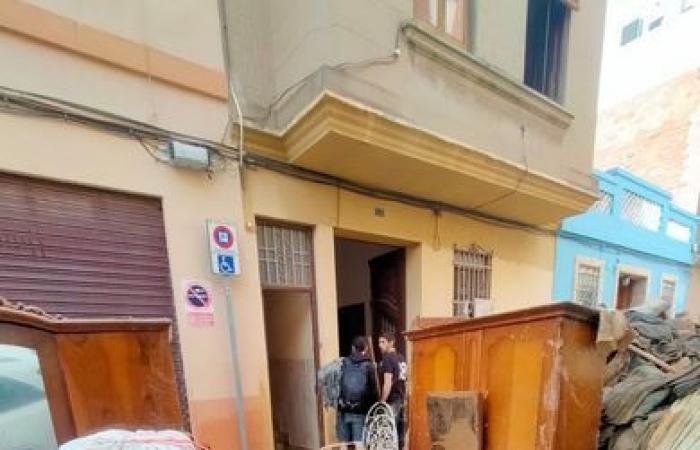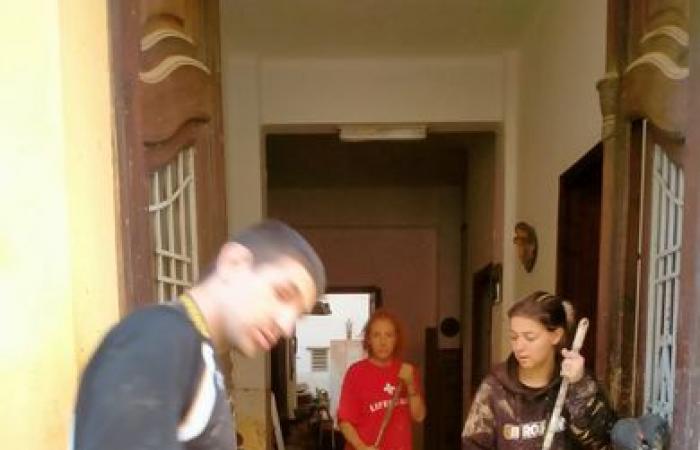It's almost a week since the Valencia region in Spain experienced an unprecedented climatic and human crisis caused by storm Dana. Jesus Gonzalez, a teacher from Perpignan, is currently with his family in Benetússer not far from the epicenter of the disaster. He looks back on what he experienced to extricate himself from the torrential and deadly rain. And what it is today.
“Hell is here.” In the middle of the sleepless nights that follow one after another, the rare times when Jesus Gonzalez closes his eyelids for even a couple of hours, he relives the scenes continuously. Those of “horror”of “l’apocalypse”experienced last week in the south-east of Spain not far from Valencia. He is with family exactly in Benetússer, “which is next to the epicenter Paiporta where storm Dana hit. And which we don't talk about enough.” A physics teacher at the Sainte Louise de Marillac private Catholic high school, the All Saints' Day school vacation calendar naturally dictated the schedule for his vacations with his cousins. Without thinking that fate would play a sad and traumatic trick on him. “With the first name I have, it seems like I was sent there on a missionhe metaphorizes. Right now I can't leave. It’s too hard to leave my family.” She who, for a few hours, imagined the worst for him.
DR
DR
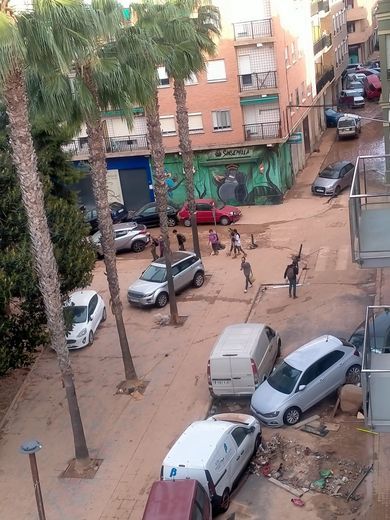
DR
Alarms and horns go off. Headlights turn on and off
It was 6 p.m. this Tuesday, October 29, when Jesus Gonzalez arrived at Benetússer at the wheel of his car. In a few minutes, the water rises. “I try to turn around to get out of the way. I leave the main avenue. I take a perpendicular street to avoid the onslaught of waterhe explains. That’s what saved me, otherwise I would have been carried to the railway tracks.” He takes his backpack and abandons his car: “The water is coming to my pool. I don't want to stay there.” He looks up: “People climb trees for shelter.” He, he “slam against a wall. I'm slipping. The mud is already there.” With an unknown woman, they climb on a vehicle: “We hold on to what looks like hoops.” They will stay on the roof of this car for five hours, “out of survival instinct.” In the turmoil, Jesus Gonzalez tries a touch of humor to reassure his companion in trouble: “I explain to him that if the car tips over because of the water current and is carried away, we must continue to hold the hoops and stay on the car which will become a drifting boat for us. And that luckily, we will not won't find any sharks underneath.” The car, “certainly thanks to our weight”will not move. From its roof, “we see the cars floating past us.” Then declares “a real mess. The alarms and horns of the affected cars go off. The headlights come on and off.”

DR
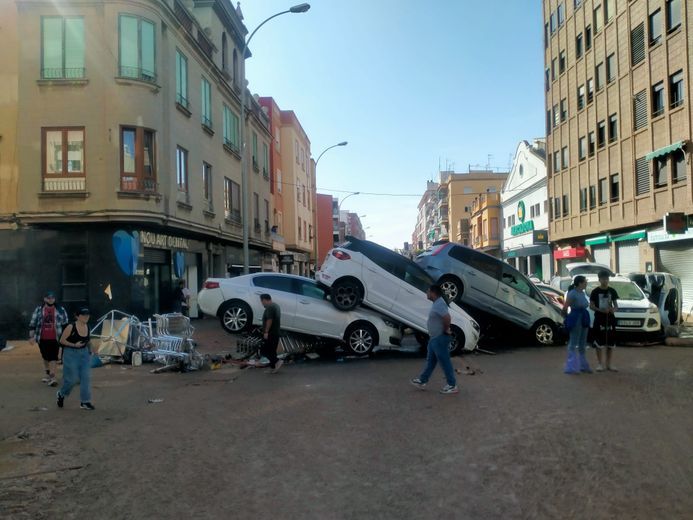
DR

DR

DR
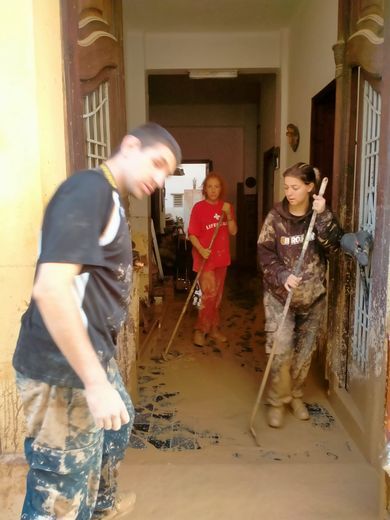
DR
When my cousin opens the door, she collapses when she sees me
Around one o'clock in the morning on Wednesday, after trying to contact emergency services to be geolocated, “without being able to give the names of the streets because the neighborhood is plunged into darkness”Jesus and the lady who accompanies him get out of the car: “The water has subsided. It now reaches my knees. I go back to my car to get my suitcase. It is dented. I understand that someone must have taken refuge in it. By the time I do that, I I find myself alone. I see lights in the distance. I move towards a terrace for shelter. I don't know the place, my cousin who I have to go to has just moved. While he gropes his way forward, this Spaniard of origin “slips again and almost falls into a sewer hatch several meters deep. I still have bruises all over my body.” At 4:30 a.m., he reaches the building where his cousin lives: “I'm typing everywhere. Nobody's answering.” Abandoned to his sad fate. At 6 o'clock, “People from the building open the door for me and walk me up the third floor to my cousin's apartment. When she opens the door, she collapses when she sees me.”
Contaminated water, looted school, beetles
The days that followed were not much brighter: “The cars are piled on top of each other in the street”; “People are emptying their homes and throwing their furniture into the street”; “For 48 hours we have no electricity, no water, no means of communication”; “We are looking for food because the supermarkets are destroyed. I only found a bottle of Schweppes to drink me”; “We clear again and again”; “We go out with masks and gloves because the water may be contaminated by corpses”; “Beetles appear”; “A school is looted”; “We are told of eight bodies stuck in a garage not far from us”; “Walking down the street, I saw a leg”; “And on Sunday, another scare with the new red alert triggered.” At the same time, anger is growing in Benetússer against the authorities and institutions for their lack of responsiveness, their shortcomings in managing the crisis, and the rare arrival of help. But civilians do not want to give up. Jesus Gonzalez is already in the next move: “We have to move to help. And above all, we have to tell what really happened because on television we only see 10% of reality.”

